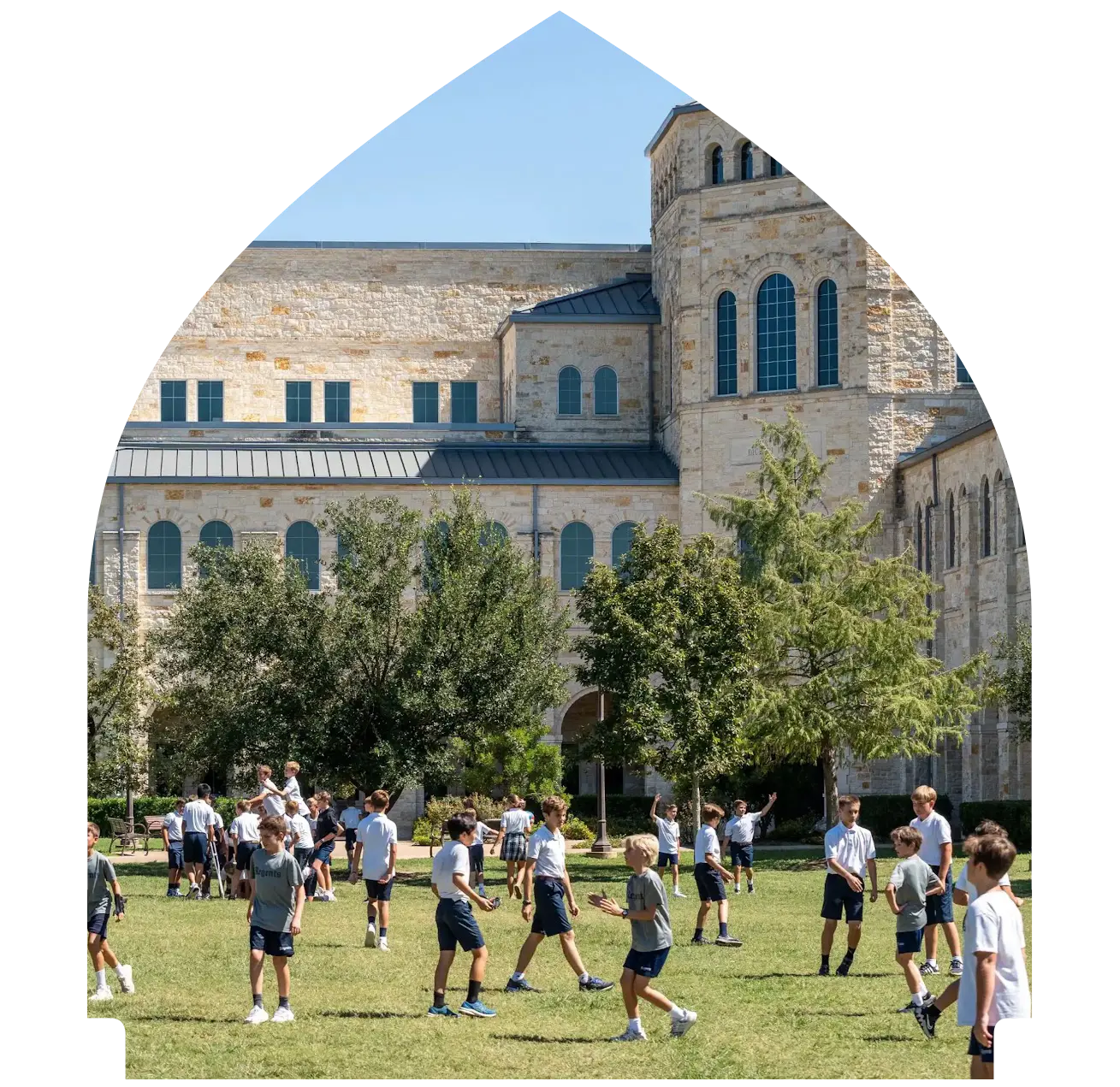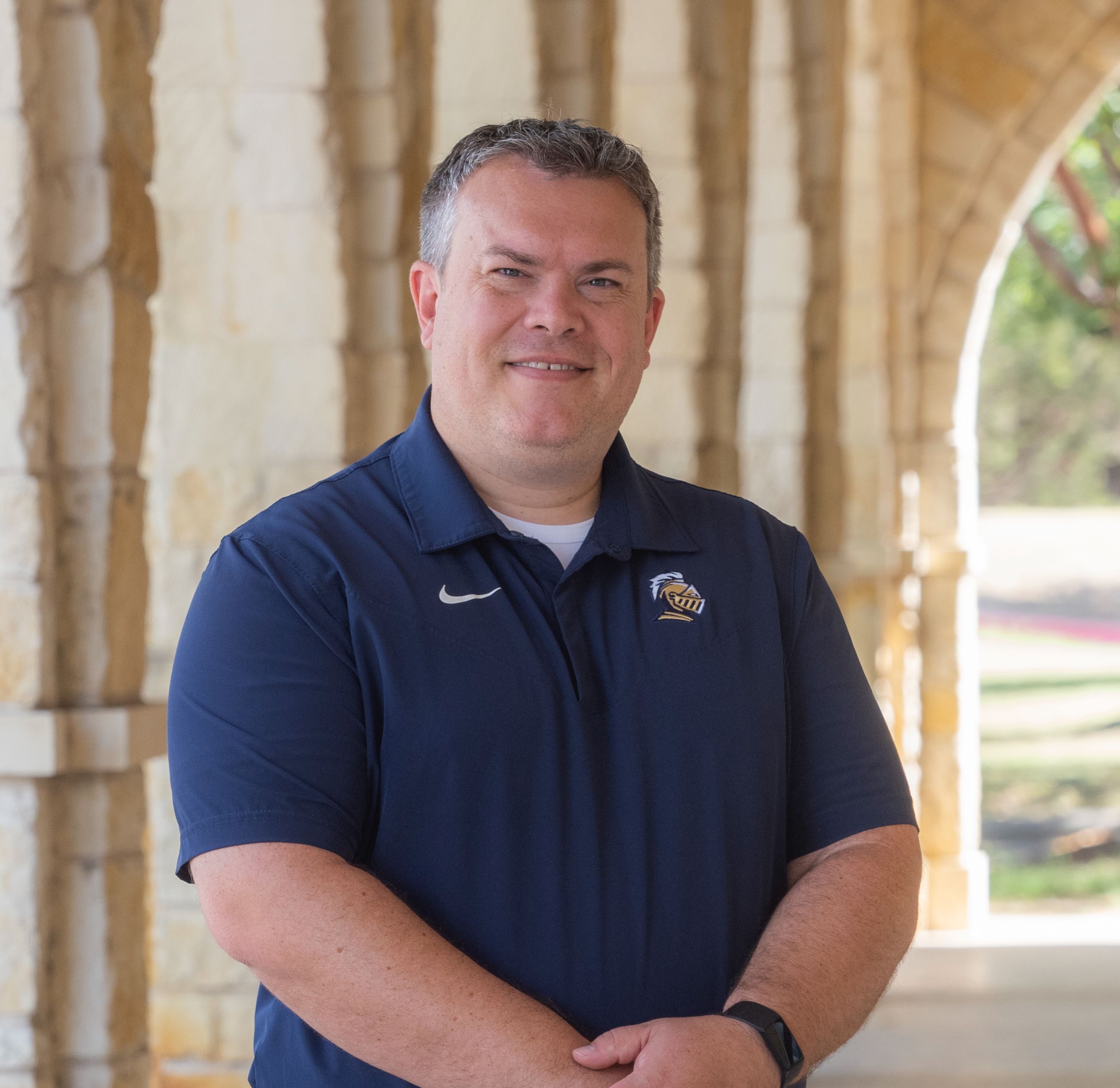|
GRAMMAR, LOGIC & RHETORIC |
Classical education is an ancient Western approach to the process of growing children into knowledgeable, well-rounded, thoughtful adult citizens by means of the Trivium.
Latin for “the three ways,” the Trivium forms the core of classical education, as represented by the names of our three schools: Grammar, Logic, and Rhetoric.
While all students approach new material using this framework, the school names represent the unique emphasis of the developmental stage of the child. Classical education works because it focuses on the way children learn best at each stage of life, then builds on the foundation of previous stages.
Whether you are a parent exploring the Grammar years or a student preparing for high school, know that our ultimate measure of success goes beyond a single year or even graduation. Our goal is to help you become a good man or woman speaking well—a success that will be evident in the life you live for decades after earning your Regents diploma.
|
ACADEMICS |
Grammar School
|
academics |
School of Logic
|
academics |
School of Rhetoric
|
academics |
Life Preparation
Our StudentsAt Regents, we believe in nurturing the whole student. While academic rigor is a cornerstone of our education, we also emphasize a balanced approach that includes spiritual, social, and personal growth. Our students actively engage in their churches and volunteer in their communities. They are entrepreneurs running their own small businesses, dedicated Eagle Scouts, hardworking employees, and loving family members.
|
 |
 |
 |
“I incorporate the gospel in the classroom through storytelling and relationships. In literature, we look at the life and way of Jesus as he lived and contrast it with the stories that we read and see how Jesus uses storytelling not just to remind people of who they are and who they are not, but also who they belong to. Part of storytelling, though, is that it really matters who is telling the story. If Christ was not himself, his teaching would fall flat. So, if my relationships with students do not reflect Christ’s gospel of radical grace and love, the things I teach will not mean as much. Students need stories, but they need to understand they are loved deeply so that they can have a chance to know who they really are.”
Maggie
Teacher








-2164.jpg_2164.jpg?version=638695262677030000)

